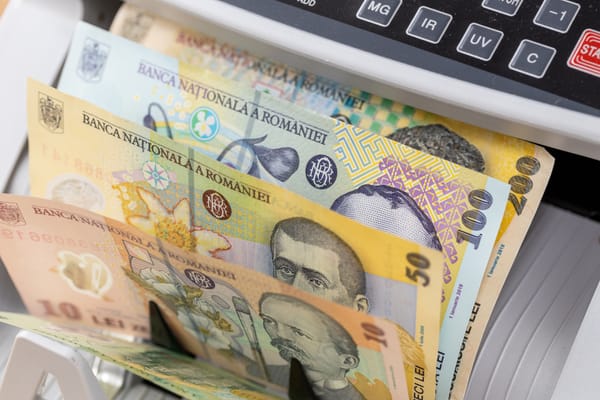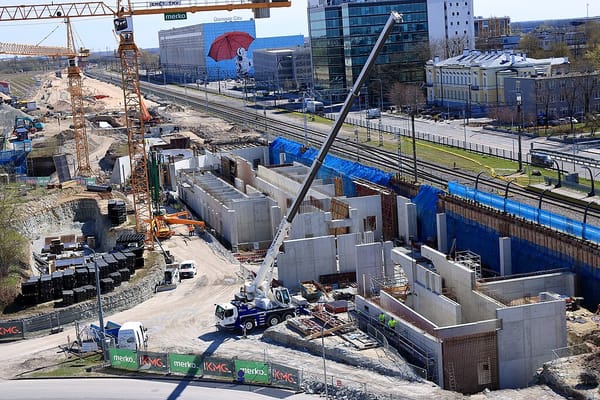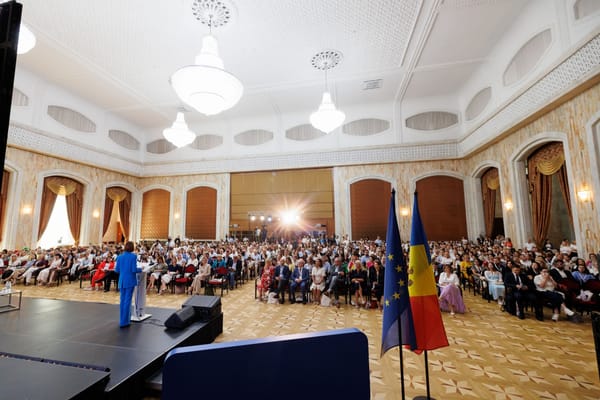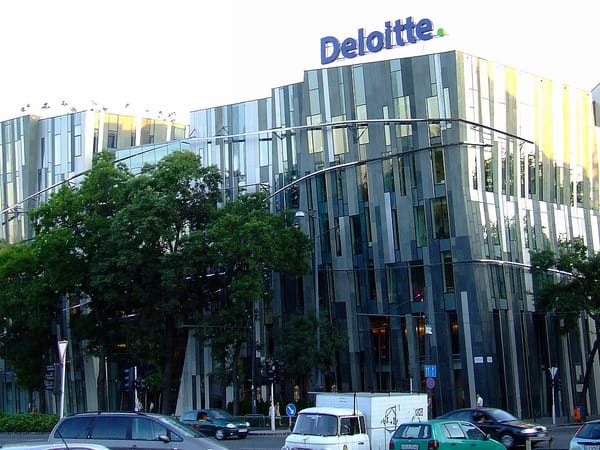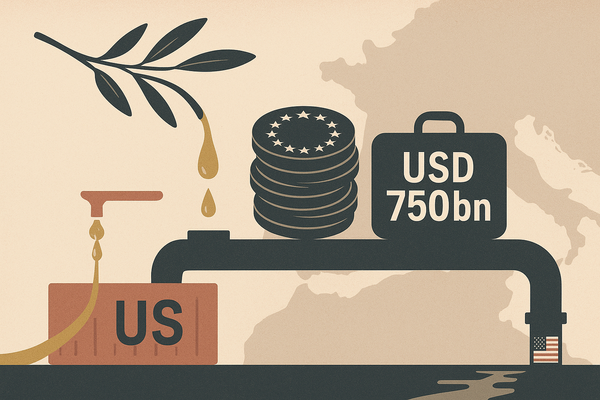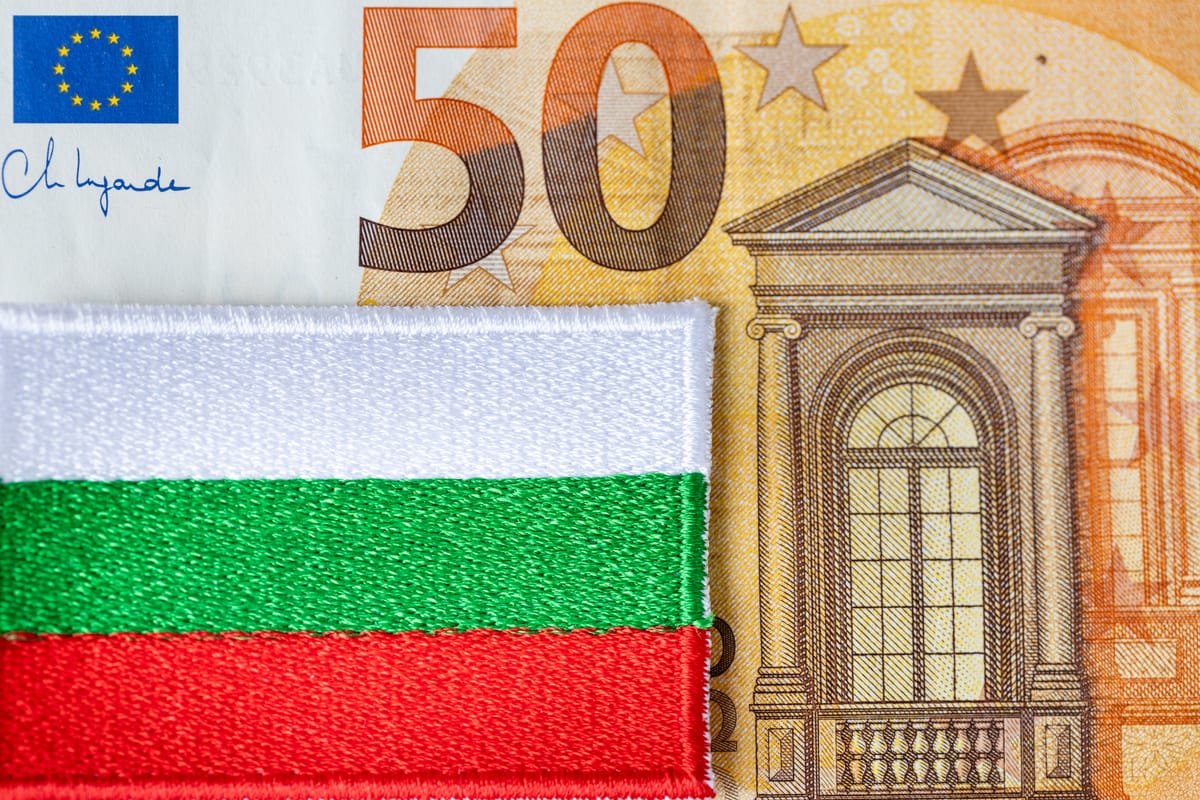
Bulgarians protest as EU okays eurozone entry
Thousands of Bulgarians protested in Sofia, west Bulgaria, on 4 and 5 June after the European Commission (EC) and European Central Bank (ECB) confirmed the country's accession to the eurozone is on track for 1 January 2026. The move will make Bulgaria the 21st member of the euro area, pending European Council approval in July.
Bulgaria cleared all technical and legal hurdles following an accelerated convergence assessment requested in February, the EU said on 4 June. EC vice president Valdis Dombrovskis said, “Bulgaria has cleared the hurdles to join the euro. This is a significant step for both Bulgaria and the euro area as a whole.”
Sentiment evenly split over euro
Bulgaria is divided on joining Europe's common currency. A Eurobarometer poll published in late May found Bulgarian public opinion nearly evenly split, with support and opposition both close to 50%. Opposition is strongest among older citizens and those outside Sofia. The government has attributed part of the backlash to misinformation, especially on social media.
After Dombrovskis's announcement, large crowds gathered in Sofia, waving Bulgarian flags and chanting, “Hands off our currency.” Protesters accused EU leaders of imposing economic policies that threaten Bulgarian sovereignty and could accelerate inflation. The far-right Revival party has led opposition to euro accession, staging rallies since early 2024. On 22 February, Revival supporters attempted to storm the EU mission in Sofia, resulting in injuries and arrests.
For some Bulgarians, the lev is a symbol of statehood. “Every ruler who wants to build a state has started minting coins, so monetary policy and currency are synonymous with statehood,” a protester told Reuters during the latest demonstrations. “Now, what we are doing is giving up one of the symbols of our stateness.”
PM reassures Bulgarians 'most vulnerable ' to price rises
Bulgaria’s currency, the lev, has been pegged to the euro at a fixed rate of 1.95583 since the country joined ERM II on 10 July 2020. Despite this peg, public anxiety is stoked by inflation fears and memories of previous price spikes during reforms.
The Bulgarian government and EU say euro adoption will strengthen economic resilience and credibility. Bulgarian Prime Minister Rosen Zhelyazkov said, “The conversion will happen at the fixed exchange rate, with dual pricing and strict monitoring to protect consumers. We are committed to safeguarding the most vulnerable during this transition,” Zhelyazkov added.
ECB cites Croatia as example of smooth transition
The ECB noted that in Croatia’s 2023 eurozone accession, price rises directly linked to euro adoption were modest. EU authorities have pledged technical assistance and public information campaigns before the switch.
If the European Council gives final approval in July, Bulgaria will become the first country to join the eurozone since Croatia. The lev’s fixed peg will be replaced by direct participation in the single currency, ending the transitional system after five years.
Petar Ganev, senior research fellow at Bulgaria’s Institute for Market Economics said “When you don’t trust the institutions in the country, it is much harder to make any transition … especially when it comes to joining the euro."

